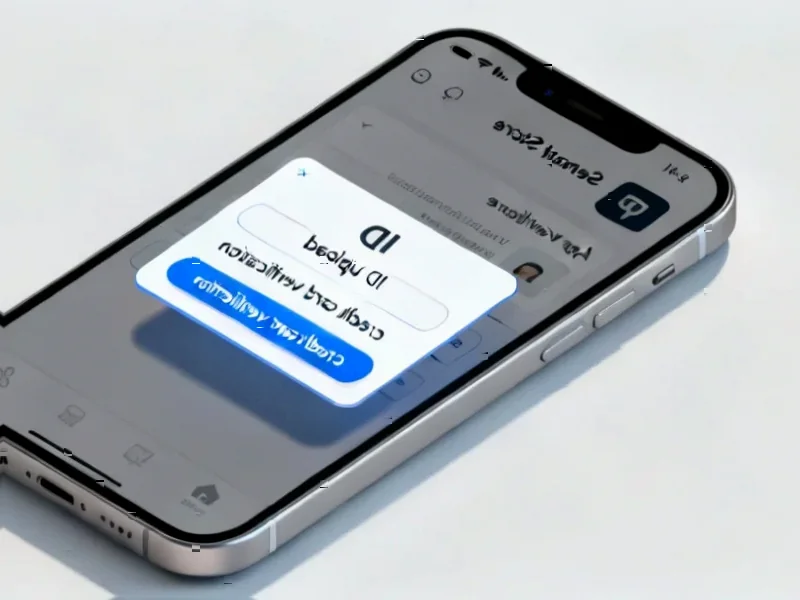According to The Verge, Google and Epic Games have reached a surprise settlement that could fundamentally reshape Android’s global app ecosystem. The deal, announced Tuesday evening, would reduce Google’s standard app store fees to either 20% or 9% depending on transaction type and create a new program where alternative app stores become “first-class citizens” in Android. Most significantly, these changes would apply globally through June 2032—six and a half years from now—rather than being limited to the US for just three years as previously ordered. Both Google Android president Sameer Samat and Epic CEO Tim Sweeney confirmed the agreement, which now awaits approval from Judge James Donato during a hearing scheduled for November 6th.
What this means for developers
Here’s the thing—this settlement completely rewrites the economics of Android app development. Google‘s standard 30% commission drops to either 20% for transactions that provide “more than a de minimis gameplay advantage” or just 9% for everything else. But there’s a catch that’s getting less attention: Google still gets its cut even when you use alternative payment systems. Basically, if you click out to a developer’s website and pay within 24 hours, Google can still charge you. So while the headline numbers look great, the reality is more complicated.
And look—this settlement seems specifically tailored to game developers like Epic. The distinction between transactions that provide gameplay advantages versus those that don’t? That’s pure gaming territory. Regular app developers might not see the same benefits. Still, the fact that developers can now communicate directly with customers about pricing outside the Play Store? That’s huge. No more hiding behind Google’s walls.
The end of sideloading friction
Remember all those scary warnings when you tried to install apps outside Google Play? Those are about to become history. Starting with the next major Android release, users will be able to install registered app stores with a single click using “neutral language.” No more friction, no more fear-mongering. This addresses one of Epic’s biggest complaints since day one.
But here’s my question: Will regular users actually care? Most people just want their apps to work without thinking about which store they came from. The real beneficiaries here are power users and developers who’ve been fighting for this openness for years.
Google vs Apple divergence
Tim Sweeney didn’t waste any time drawing the contrast with Apple. In his statement, he specifically called out Apple’s “model of blocking all competing stores” while praising Google’s “comprehensive solution.” This settlement basically doubles down on Android’s original open-source philosophy while Apple continues its walled-garden approach.
So what does this mean for the mobile ecosystem? We’re looking at two fundamentally different models emerging. Android becomes the open platform where competition between app stores is real, while iOS remains tightly controlled. For developers, this creates a clear choice: play by Apple’s rules or embrace Android’s new openness.
The bigger picture
Google’s announcement frames this as “expanding developer choice and flexibility” while keeping users safe. But let’s be real—this is Google avoiding what could have been a much worse outcome. The original injunction only applied to the US for three years. Now they’re locking in these changes globally for over six years. That’s a massive concession.
The timing is interesting too. Just when Epic seemed poised for total victory after the Supreme Court rejection, they settle. Why? Probably because this gives them everything they wanted—lower fees, open Android, global reach—without the risk of further legal battles. And Google gets certainty. After years of fighting, both sides can finally move on.
If Judge Donato approves this settlement, we’re looking at the most significant change to Android since its inception. The mobile app world is about to get a lot more interesting.




